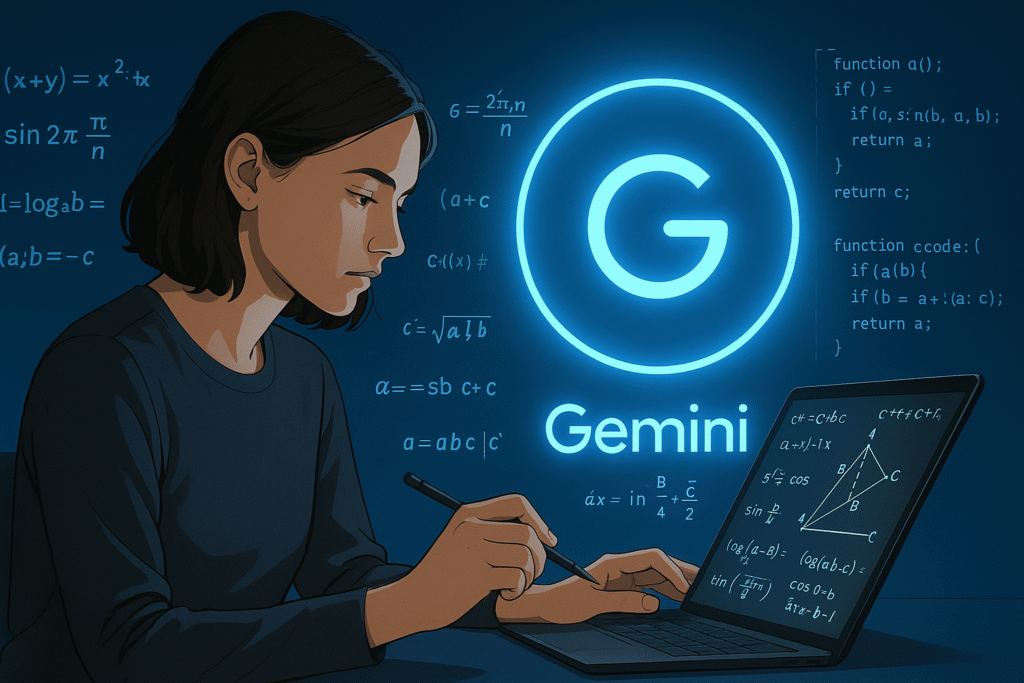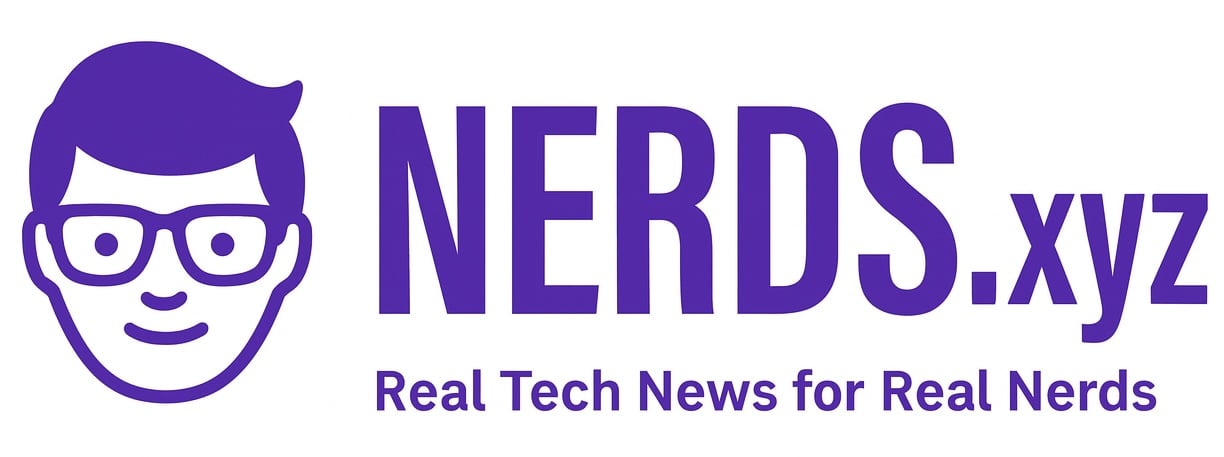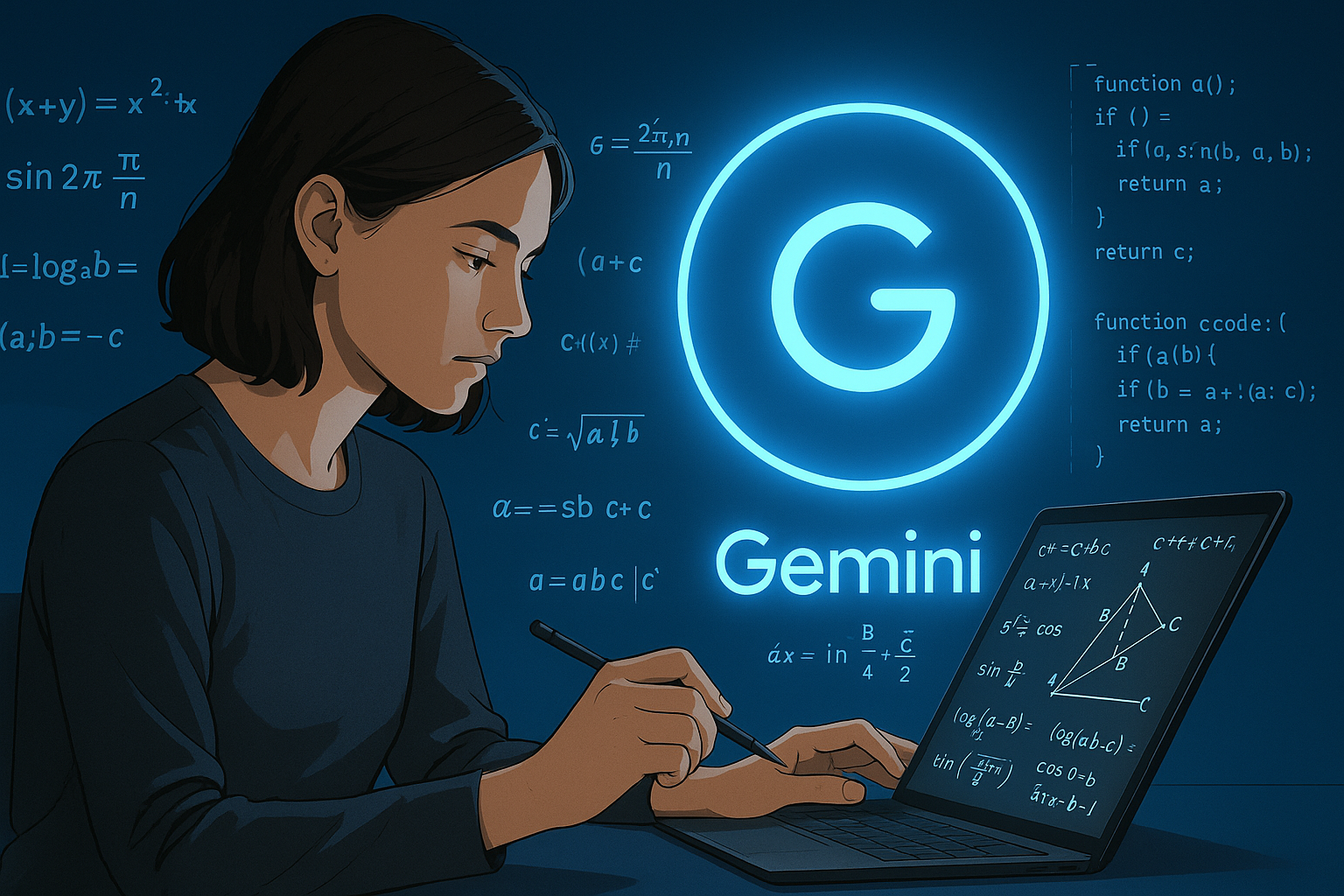
Google is now giving its top-tier Gemini users access to something new called Deep Think. It’s basically a more thoughtful, problem-solving version of the Gemini 2.5 model. This tool isn’t just marketing fluff either. It comes from the same tech that earned gold-level results at this year’s International Mathematical Olympiad. While the IMO-winning version takes hours to work through complex problems, the version going live today is faster and more practical for everyday use.
ALSO READ: AI code generators are writing vulnerable software nearly half the time
If you’re a Google AI Ultra subscriber, you can now use Deep Think inside the Gemini app. You’ll need to switch to the 2.5 Pro model and toggle on Deep Think in the prompt bar. Google is limiting the number of prompts per day for now, so it’s not unlimited access. Still, it gives subscribers a look at what this high-powered model can do.
Deep Think is built to help with the kind of work that requires patience and planning. Google says it’s particularly strong at tasks that need creative problem solving, like coding, math, and design. For example, it can step through complicated algorithms, suggest code improvements, and even help mathematicians test out new ideas. That’s not theory either. Google has already handed the full version to a few academics and math pros to see what it can really do.
The core idea behind Deep Think is pretty simple. Just like humans think through hard problems by considering different ideas before landing on one, Deep Think works in parallel. It explores multiple paths, weighs them, and then picks the best result. This extra “thinking time” gives the model more room to reason and be creative.
Google also trained Deep Think with new reinforcement learning methods that reward thoughtful responses. Over time, the system becomes better at handling complex situations without rushing to an answer. It’s already showing strong results on hard benchmarks like LiveCodeBench and Humanity’s Last Exam, which test everything from science to programming skills.
On the safety front, Google says Deep Think is more careful than earlier models when it comes to tone and content. It’s less likely to produce something off-base, though it might reject requests more often, even if they’re harmless. That could be a tradeoff some users find annoying.
Right now, Deep Think is only available through the Gemini app, but Google says it’s planning to let developers and enterprise users try it soon through the Gemini API. It will also work with tools like Google Search and code execution, and it’s designed to handle longer and more detailed responses.
As someone who loves throwing difficult questions at AI just to see how it handles them, I’m genuinely excited to try this. The idea of an AI that can slow down and think more carefully is pretty appealing.


